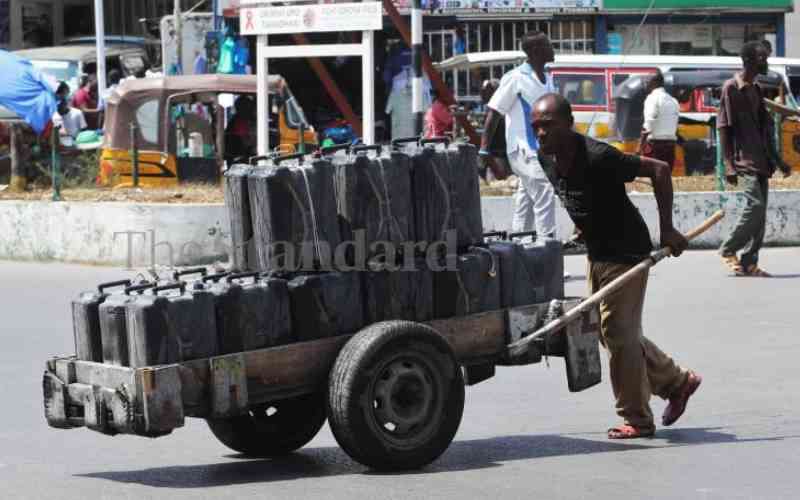×
The Standard e-Paper
Smart Minds Choose Us

With the vast Indian Ocean at its nose, Mombasa is the perfect case of water everywhere but no drop from the taps to drink.
Experts and locals attribute this to years of sheer neglect of the distribution network, poor planning and the county government's failure to harvest the salty water for desalination.